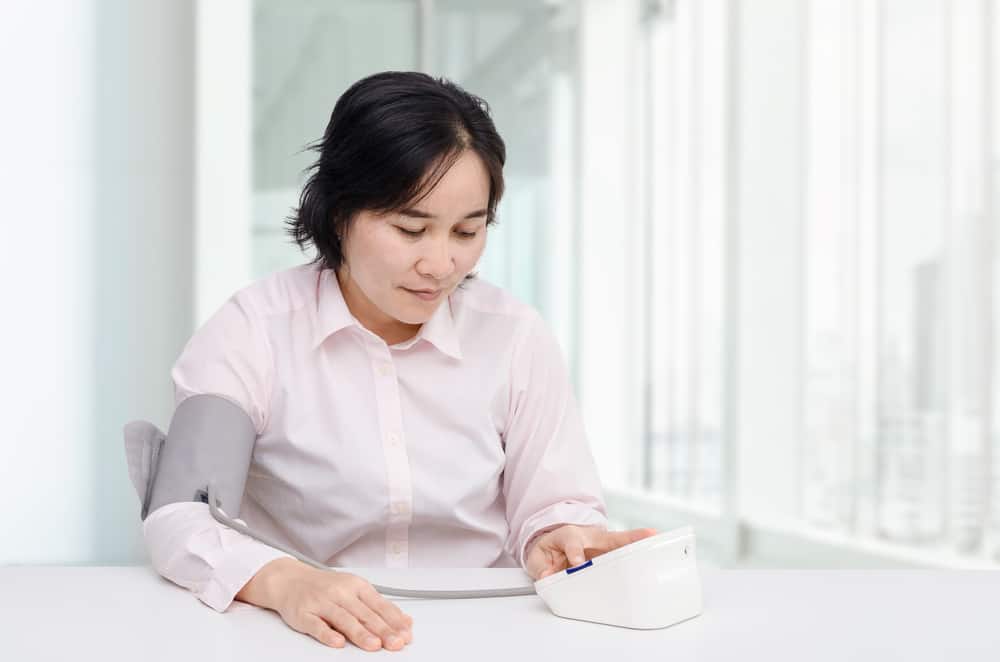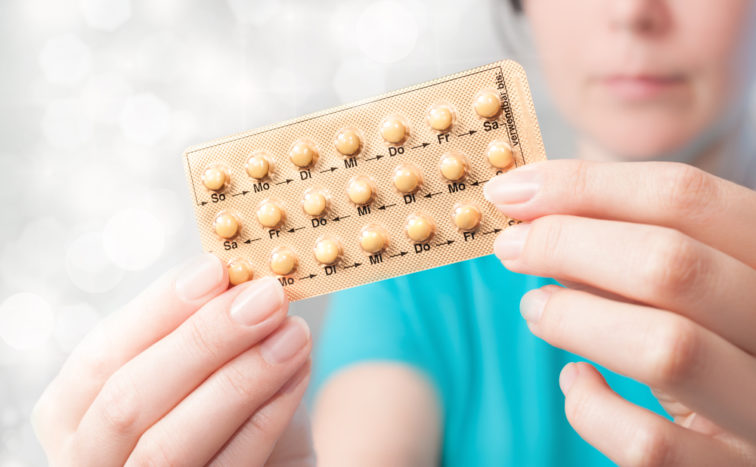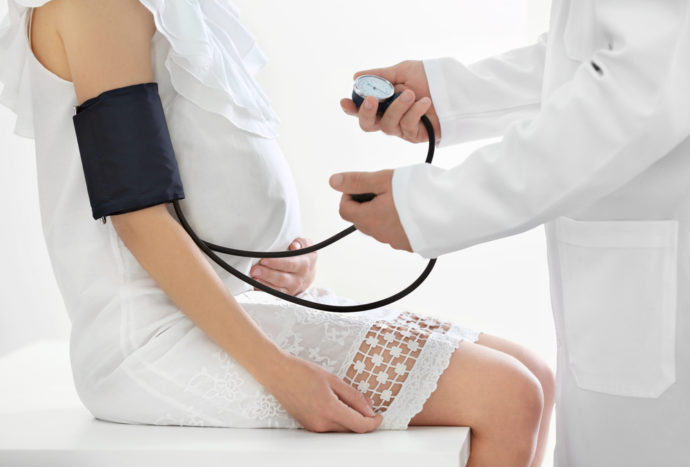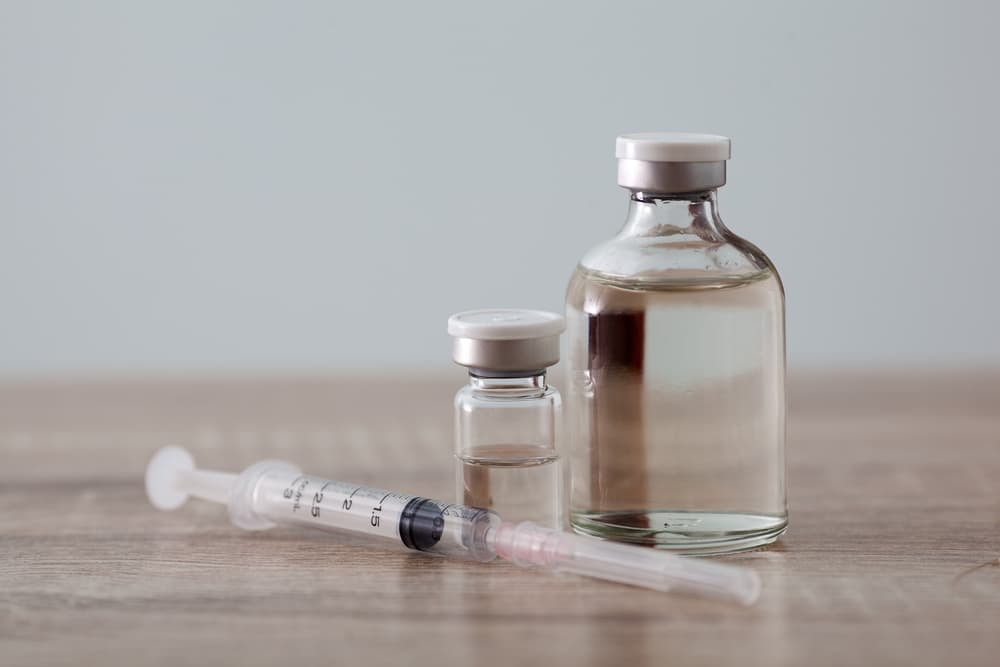Contents:
- Medical Video: Women Lowering High Blood Pressure
- Various risk factors for hypertension in women
- 1. Menopause
- 2. Take birth control pills
- 3. Pregnancy
- 4. Present body fat
- What complications might I receive due to this disease?
- How do you check blood pressure?
- What can I do to reduce the risk of developing hypertension?
Medical Video: Women Lowering High Blood Pressure
Hypertension is often considered a male health problem, but it is a myth. Men and women at the age of 40, 50, up to the 60s have the same level of risk of developing high blood pressure. However, after menopause, women have a higher risk of developing high blood pressure than men. One way to prevent this disease is to understand and be aware of the risk factors that exist. Consider the various risk factors for hypertension in other women in this article.
Various risk factors for hypertension in women
Here are some things that can increase the risk of hypertension in women:
1. Menopause
Menopause is the most common risk factor for hypertension in women. The reason is, a woman's blood pressure will increase after menopause. Hormonal changes related to menopause can cause weight gain and make your blood pressure more reactive to salt.
This is what ultimately can cause women's blood pressure to tend to be higher during menopause. It is important to monitor your blood pressure during and after menopause, because your risk increases during this time.
2. Take birth control pills
Some studies linking the use of birth control pills is one risk factor for hypertension in women. It is not known exactly why this can happen, but there are several factors that can make you more at risk of developing hypertension if you take birth control pills, including:
- There is a history of high blood pressure among members of your family
- You have high blood pressure during pregnancy
- You have a problem with your heart or blood vessels
- You smoke
3. Pregnancy
Pregnancy increases the risk of hypertension in women. High blood pressure that occurs during pregnancy is also called gestational hypertension. This condition can develop rapidly. As a result, it is very common for doctors to monitor your blood pressure thoroughly during pregnancy.
Pregnancy can also make pre-existing high blood pressure worse. Therefore, if you plan to get pregnant, it is important for you to check your blood pressure regularly.
4. Present body fat
Compared to men, women have a higher percentage of body fat. This indirectly increases the risk of hypertension in women.
Yes, fat that accumulates in the stomach, known as visceral fat, is associated with various diseases including hypertension, high cholesterol, heart disease, and insulin resistance.
What complications might I receive due to this disease?
Without a proper diagnosis, you might not know that your blood pressure is rising. High blood pressure must be controlled, because it can cause very serious health problems.
High blood pressure is a major risk factor for stroke and kidney failure. Damage to blood vessels caused by chronic high blood pressure can also contribute to a heart attack. For women who are pregnant, high blood pressure can be very dangerous, both for mother and baby.
How do you check blood pressure?
The best way to find out if you have hypertension is to check your blood pressure. This can be done in a doctor's office, or at home with a blood pressure monitor, such as those found in shopping centers and pharmacies.
You must know your normal blood pressure. If you notice a significant increase in the amount of time that your blood pressure is checked, you should seek further evaluation from your health care provider.
What can I do to reduce the risk of developing hypertension?
Advice from experts to reduce your risk of developing high blood pressure is the same for women and men:
- Exercise about 30 to 45 minutes a day, at least five days a week
- Eat moderate amounts of calories and low in saturated fats
- Diligently check with the doctor
- Be sure to talk with your doctor about the risk of high blood pressure. Your doctor will help you to maintain normal blood pressure and your heart health in the best way.
















